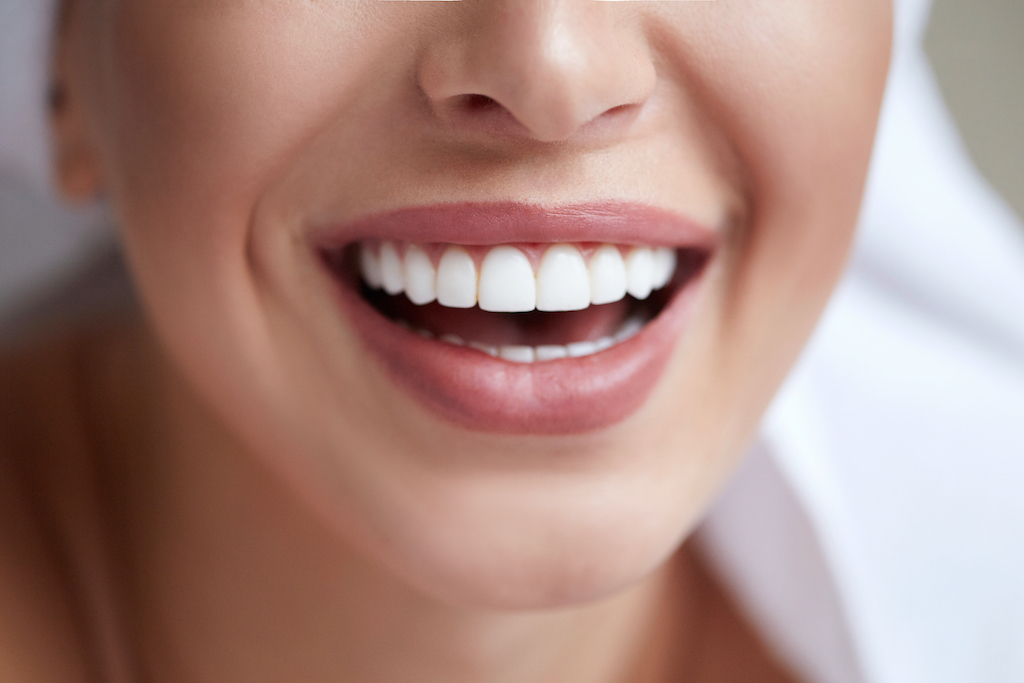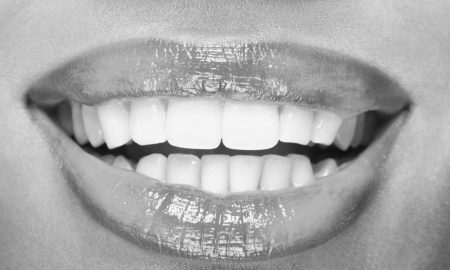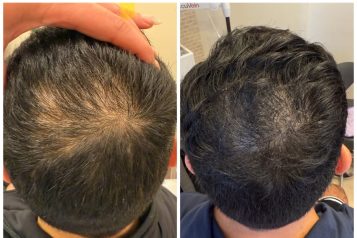Who doesn’t love a beautiful white smile? Your smile is one of the first things people notice about you. But if you’re self-conscious about your smile, you may smile less, leading people to think that you’re unapproachable, even when that’s not true.
If you’ve been considering getting veneers but aren’t sure they’re right for you, read on to learn more.
What are veneers?
Veneers are thin shells that are attached to the front surface of the patient’s teeth to improve their appearance. Dental veneers are made from porcelain or resin-composite materials, which are permanently affixed to the teeth.
Veneers are used to treat a variety of different cosmetic dental concerns, which include chipped or broken teeth or if the teeth are permanently discolored. Veneers can also improve the patient’s smile if they have smaller-than-average teeth.
Some patients opt for only get one veneer, as seen in cases of a broken or chipped tooth. Other patients choose to get between six to eight veneers to create an even, more natural-looking smile that’s symmetrical. The top front eight teeth are where veneers are most commonly requested.
 Photo Credit: shutterstock
Photo Credit: shutterstock
How are veneers put on teeth?
After initial consultation and your dentist makes the mold, it can take between one and two weeks for your veneers to return from the lab.
Once your veneers are returned your dentist, you can schedule an appointment to have them placed. During this appointment, your dentist will evaluate the shape, fit and color of the veneers to ensure they are perfect for you.
Afterwards, your dentist will thoroughly clean your teeth. This step is particularly important, as it keeps bacteria from being trapped under your veneer and causing tooth decay. Once cleaning is complete, a small grinding tool is used to create a rough texture on each tooth in which the veneer will be applied. Creating the rough texture makes it easier for the veneer to stick to the tooth without complication.
Your dentist will then use dental cement to bind the veneer to your tooth. Ultraviolet light is also used to harden this cement quickly, and once you leave the office, you’re ready to should the world your new smile!
The second appointment (where veneers are placed on your teeth) usually doesn’t last longer than two hours, although it could last a little linger if local anesthetic is used during application.
How much do veneers cost?
Since veneers are considered a cosmetic procedure, they usually aren’t covered by dental insurance. According to the Consumer Guide to Dentistry, traditional veneers, which require intensive prep work, cost between $925 to $2,500 per tooth. On average, they have a lifespan of 10 to 15 years. No-prep veneers, which focus solely on the tooth’s enamel for easier removal and installment, can cost around $800 to $2000 per tooth. These usually last between 5 to 7 years. While non-prep veneers are less extensive, traditional veneers are often the most cost-effective option.
It’s also important to note that the cost of your veneers will depends on the type of veneers you choose, what brand name your dentist currently has available, where you live and the expertise of the dentist.
Recovery and Maintenance
Unlike other, more invasive dental procedures, the recovery period after getting veneers is minimal. Once the veneers are cemented on and the anesthetic wears off, you’re allowed to eat and drink normally. If you had local anesthesia, be mindful of not chewing on your cheeks or tongue.
In some cases, you might notice that your veneers feel a little rough. These rough spots are perfectly normal and will wear down after several days of normal eating and brushing your teeth. You will take care of your veneers just like your own teeth with proper brushing and a comprehensive oral hygiene regimen at home. Even with veneers, you still need to see your dentist no less than every six months for regular cleanings.
 Photo Credit: Shutterstock
Photo Credit: Shutterstock
Things to Avoid
Just like your own natural teeth, certain foods and drinks can stain your veneers. To keep your veneers looking new, you should avoid drinking coffee, tea or cola without a straw. You should also drink red wine in minimal amounts. In fact, it’s a good idea to keep alcohol consumption to a minimal since it can loosen the bond between the veneers and your teeth. You should also avoid chewing on hard foods, like pretzels or raw carrots, hard candy or ice cubes.
Am I a suitable candidate?
Most patients are suitable candidates for veneers. Patients who are in good overall health and practice good oral hygiene make the best candidates. They may have broken or discolored teeth or have misaligned or misshapen teeth. Note, patients who grind their teeth or have poor oral hygiene will need to address these issues prior to having veneers placed.
If you’re considering getting veneers but aren’t sure whether they’re right for you, contact Dr. Rhonda Kalasho at GLO Modern Dental. She will review all of the possible options to help you create your dream smile.





















